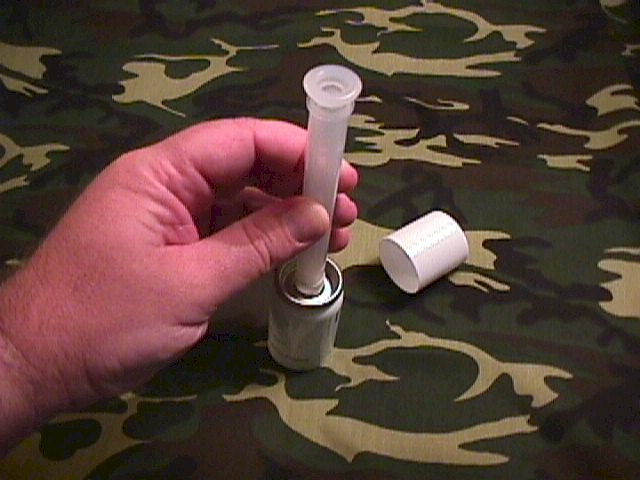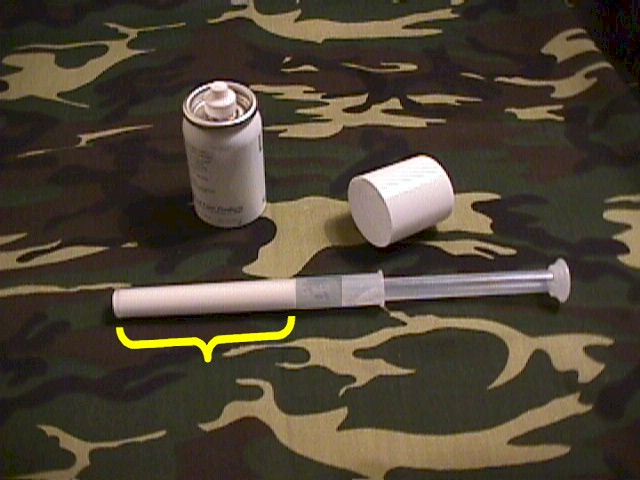|
Contraceptive foam is a good contraceptive choice for many women.
Foam comes in a pressurized container with a plastic applicator. After placing the
aerosol container in an upright position on a solid surface, the applicator is positioned
over the top of the can and gentle downward pressure exerted. This pressure will release
foam into the applicator, gradually filling it. The applicator should be filled to the
ribbed section (about 80% full).
The applicator is then inserted into the vagina and the plunger depressed with the
index finger, pushing the foam into the vagina. It is immediately effective, and remains
effective for up to one hour after insertion. If intercourse is repeated, a second
applicator of foam should be used..
The foam will gradually leak out of the vagina over the next several hours. If douching
is desired, it should not be done during the first 6 hours after intercourse, because some
of the contraceptive effectiveness of the foam may be lost.
 After each use, the applicator should be washed with warm water and a mild soap. The
applicator may be disassembled for cleaning. After each use, the applicator should be washed with warm water and a mild soap. The
applicator may be disassembled for cleaning.
The active ingredient in the foam is the standard spermicide, nonoxynol-9. This is also
the material which may produce a local burning sensation in up to 20% of those using it.
If the woman or her partner has this sensitivity, he or she will be sensitive to any of
the nonoxynol-9 products (gel, cream, etc.).
Effectiveness is similar to that of the diaphragm. If used carefully and consistently,
about 5 women out of 100 will become pregnant each year, despite the use of contraceptive
foam. For the average user, failure rates are higher, about 15 or 20% each year.



|